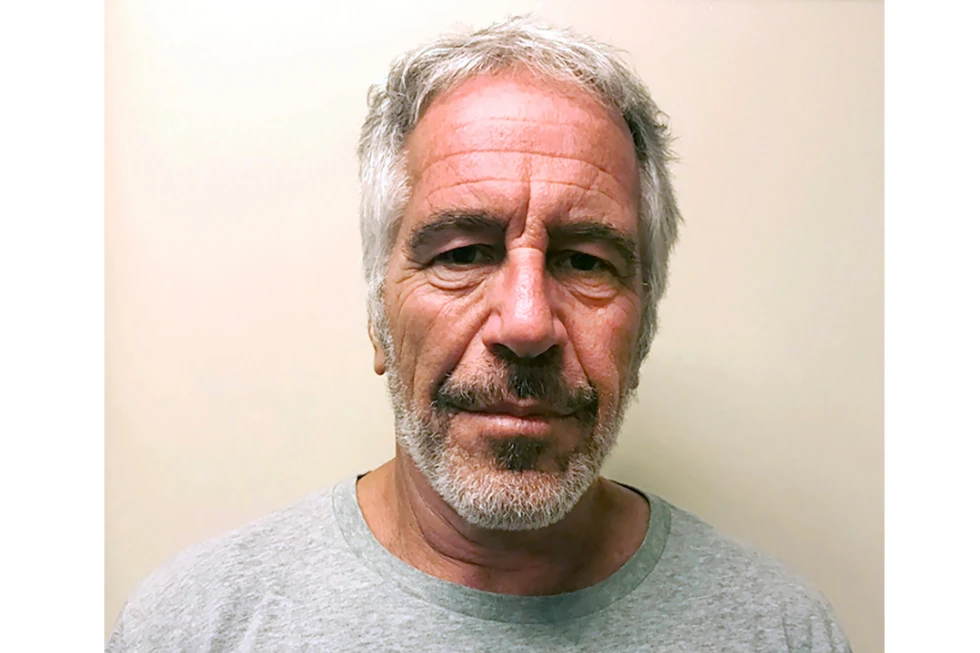A trove of emails made public by the U.S. House Oversight Committee this week offers an unprecedented look at the influence Jeffrey Epstein continued to wield across global political, business and academic circles for more than a decade after his 2008 conviction for soliciting prostitution from a minor.
The documents, spanning from 2009 to early 2019, show Epstein actively communicating with prominent figures across the political spectrum from linguist Noam Chomsky to former Trump strategist Steve Bannon despite being a registered sex offender. The messages reveal interactions ranging from political gossip and travel plans to advice requests, introductions and even personal dilemmas.
Committee officials emphasized that the emails do not implicate Epstein’s contacts in his alleged criminal activity. Instead, they highlight how his connections endured until his arrest on federal sex trafficking charges in 2019. Epstein died by suicide in jail a month later.
The emails show Epstein advising Bannon on his 2018 political tour of Europe, staying in contact with corporate executives, and frequently corresponding with Kathryn Ruemmler, former White House counsel under Barack Obama. He also exchanged messages with investor Peter Thiel, Emirati businessman Sultan Ahmed bin Sulayem, biotech venture capitalist Boris Nikolic and others across finance, politics and tech.
His network extended deeply into academic circles. The physicist Lawrence Krauss sought Epstein’s advice in 2017 after facing sexual harassment allegations, while Chomsky appears in exchanges about health, travel and macroeconomic theories. Epstein also maintained communication with Larry Summers, former U.S. treasury secretary and Harvard president, discussing politics and personal matters.
Many figures mentioned did not respond to requests for comment. Summers reiterated in a statement that his association with Epstein was “a major error of judgement.”
The release of the documents has renewed scrutiny of how Epstein preserved extensive influence and access long after his first conviction a network that spanned continents, industries and political ideologies.


